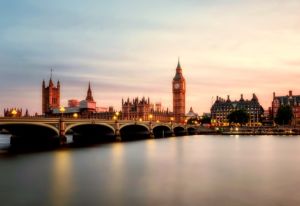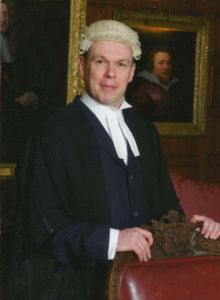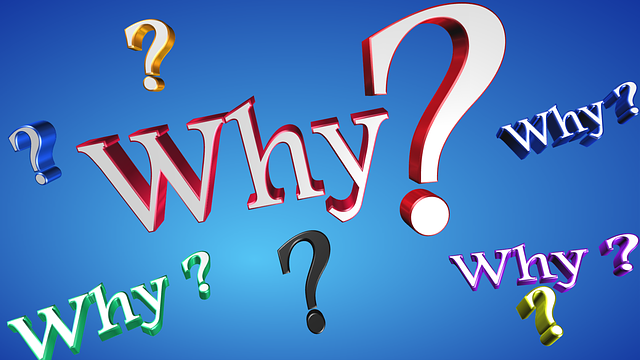https://www.youtube.com/watch?v=hBXvrVh_nCU&t=88s
I visited London (simple past)

Concluded event in the past; needs a time reference.
I visited London yesterday/last week/ a month ago
Also:
I ate something bad earlier and don’t feel well
My family visited my university earlier this year
It rained this morning
___
You can think of the simple past as like a photo that was taken at some time.
___

I have visited London (present perfect) – experience
we are describing an experience and the time of the event is not important
This is a common tense used to describe different experiences:
subject + have/has + past participle
There has been an interest in buying my car
I have been to Italy 3 times
My team have won the league before
___
In contrast, you could think of present perfect to describe experience or an event that has an impact on the present.

I studied law
I lived in Brazil for four years
I worked as an emergency operator
present perfect also describes events that happened recently
I have eaten lunch (I am not hungry now, the lunch is still in my stomach)
I have worked hard
My car has broken down
______
Ultimately when speaking English, we are trying to get a balance between using both simple past and present perfect. If we use too much of one or the other, we will not sound natural.
As a rule, a good starting point is remembering if the activity is concluded in the past (with no connection to now).
Stereo typically when describing life experiences on a CV or at a job interview, we tend to use present perfect to good affect.
Maybe as practise, you can consider your actions from when you woke up:
- I brushed my teeth after I woke up
- I had coffee at 0730 am
- I have finished work and am on my home
___
All classes are given by a CELTA qualified native British teacher.

